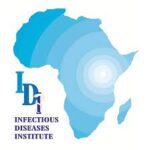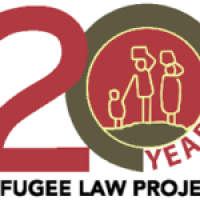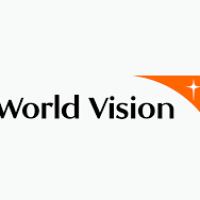Key Responsibilities
- Development of machine learning models for predicting treatment/clinical outcomes for patients with bacterial infections.
- Submission of a manuscript resulting from the above work to a peer-reviewed journal.
- Presentation of findings to local and international scientific conferences either by abstract, oral presentation or poster.
- Writing collaborative grant proposals with other CAMO-Net co-investigators (participation in grant writing).
- Supervising and mentoring other junior staff on the team.
- Attending CAMO-Net meetings and workshops both local (CAMO-Net Uganda) and consortium-wide meetings when needed.
- Facilitating the CAMO-Net capacity building arm especially the technology theme.
- Any other responsibilities assigned to you by your immediate supervisor.
Academic Qualifications
- • Having completed a PhD in either a health related or quantitative field, at the time of application.
- • Masters degree in Data science, Statistics, Biostatistics, Mathematics or Bioinformatics.
Person Specification
- Scientific writing as evidenced by having at least two first author peer-reviewed article and at least three co-author publications in peer-reviewed journals.
- Strong programming skills in Python and (or) R.
- Solid understanding of statistical methods, supervised and unsupervised learning.
- Experience working on a scientific project in the health field.
- Strong problem-solving skills.
- Good communication skills both written and verbal, with the ability to convey technical findings to interdisciplinary audiences.
- Experience working on a modelling project e.g., machine learning, computational modelling, statistical modelling or mathematical modelling.
- Good data management, data manipulation and data analysis skills.
- Integration of data from diverse sources.
- Experience working with large datasets.
- Ability to work independently or as part of a team









